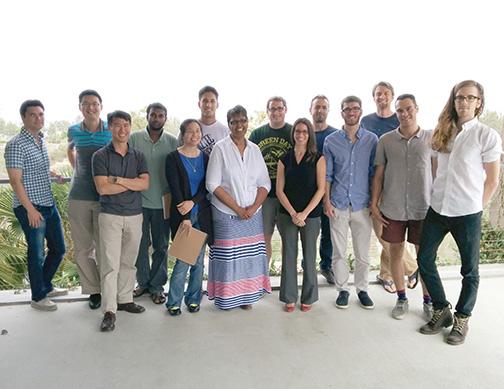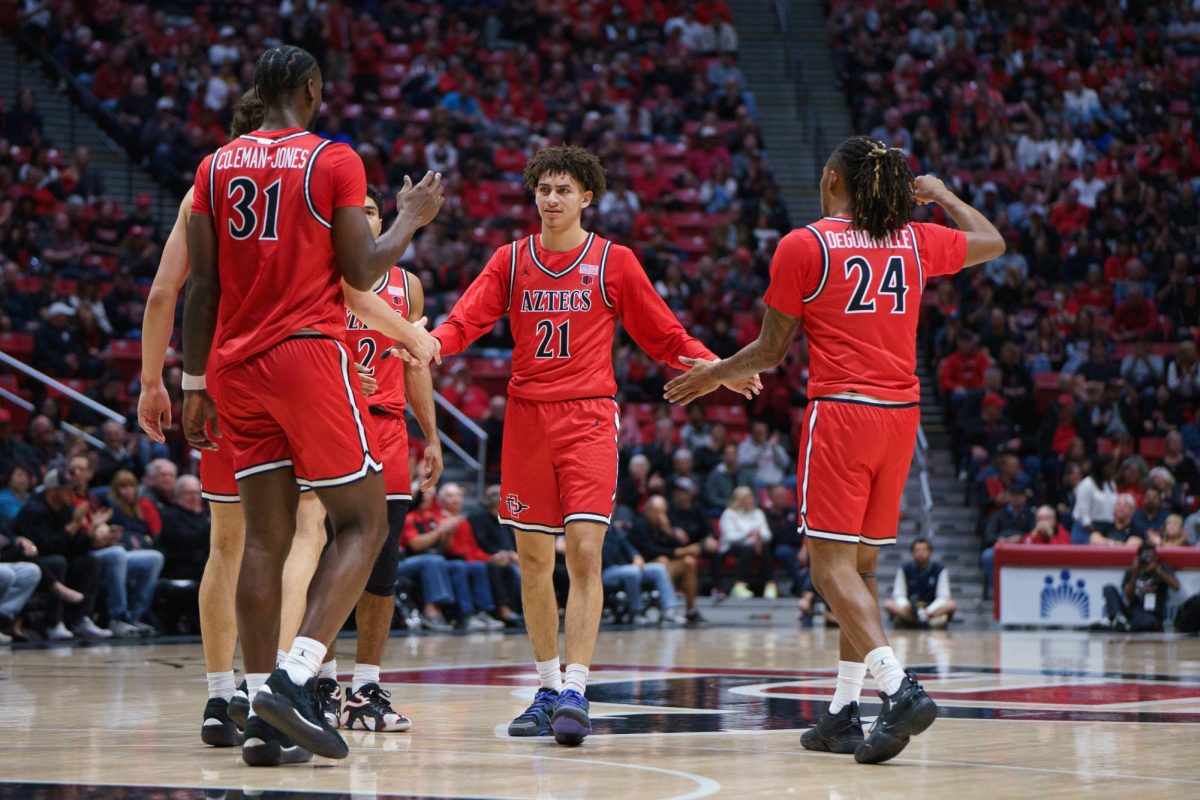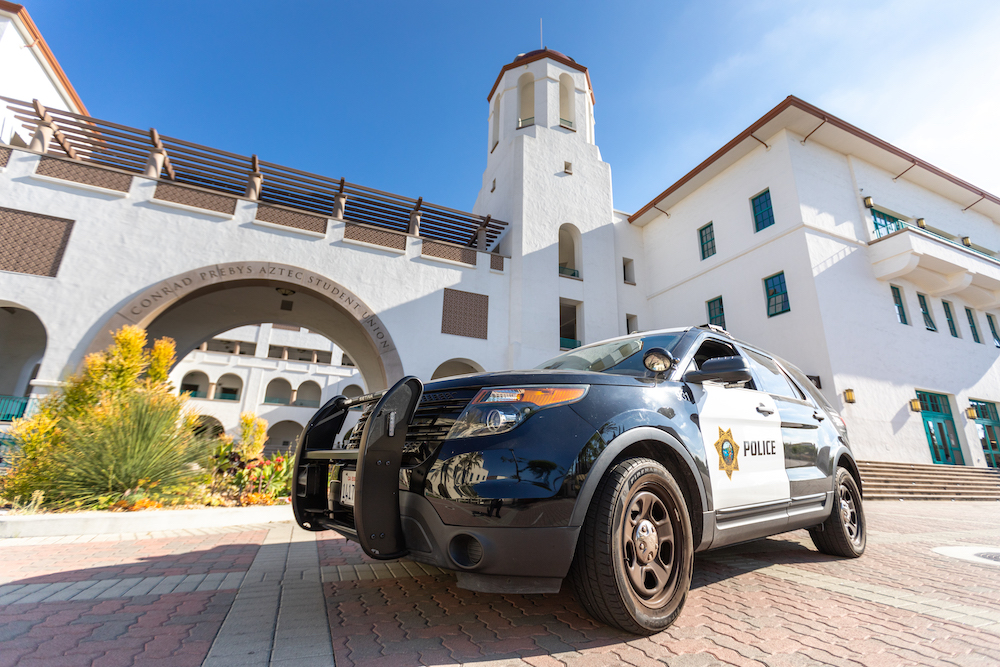
“The encoded enzyme may play a role in the proteasome-mediated degradation of misfolded glycoproteins.”
This is the kind of information released in the scientific community every day. Most students on campus would not able to decipher this type of writing, but wouldn’t it be beneficial if they all could? Biomedical researchers have millions of articles to analyze each year and with the aid of others their jobs would be significantly easier.
Andrew Su, a professor and researcher at The Scripps Research Institute, hopes to utilize this untapped manpower by means of Mark2Cure, a program where members of the community can volunteer to sift through articles on their computers to find information that will further biomedical research.
After receiving his Ph.D., Su’s main objective was to understand how organisms and pathogens function together to discover new therapies, cures or preventions for diseases. This is reflected in his projects at the Su Lab.
Su shares this goal with students of San Diego State’s Biological and Medical Informatics Research Center by serving as a mentor and adjunct professor. Some graduates even contribute to his lab at TSRI, and are currently connecting the worlds of science and computer technology.
Mark2Cure is just another approach to achieve this goal. Students of all backgrounds are more than welcome to get involved, even if they do not have any prior training.
“Biomedical research has become so productive, it is impossible for any one Ph.D. annotator to read through all of this literature alone,” Su said. “Mark2Cure is a way to make their jobs a little easier by reading online articles for them.”
This program has shown its potential for success during the trial experiment in which participants had to complete a tutorial to learn what the screening process entails and further demonstrate their comprehension by completing a sample. In its fourth week, participants were highly active and their completion rate reached 100 percent.
By being able to understand the implications of research that surrounds disease, symptoms and cures, students will not only gain knowledge about the field, but they will also have an opportunity to assist researchers.
Now that the trial period is finished, Mark2Cure is hoping to focus on their efforts on finding a cure for NGLY1, an enyzme disorder for breaking down foods properly.
Ginger Tseung, the Su Lab’s scientific outreach project manager and a SDSU alumna, believes this service will prove to be beneficial to both sides of the equation over time.
“Mark2Cure will empower the public to help research that is of interest or relevant to them, allow researchers to better handle the challenging data problem, and hopefully help build a rapport between scientific and non-scientific communities,” Tseung said.
Students are encouraged to participate, whether they have no background in science and simply care about interacting with the field, or those who have experienced disease and want to make a difference.









